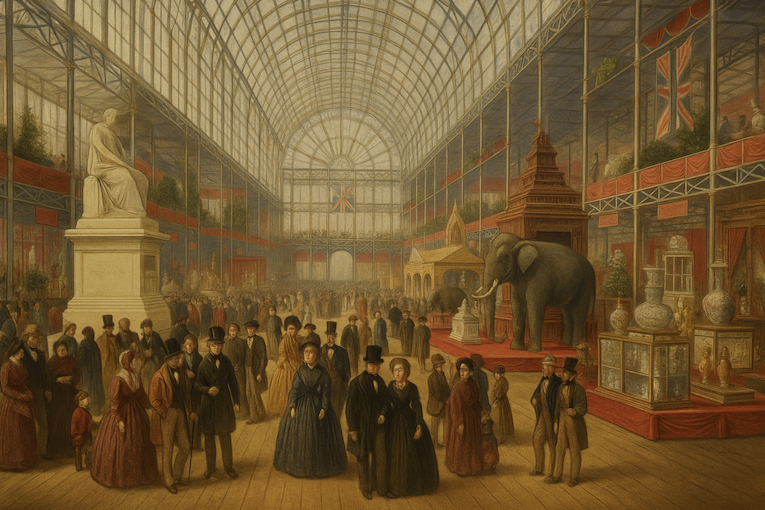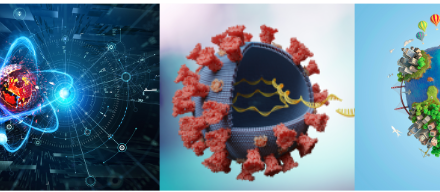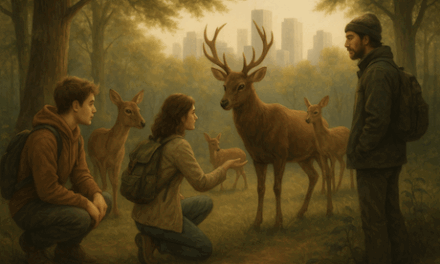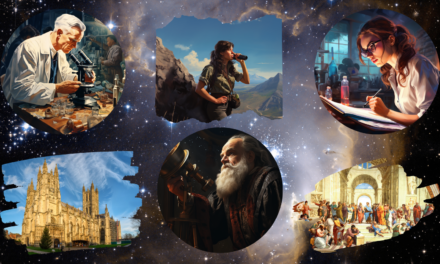Reclaiming the Entangled Roots of Science
This session begins by challenging the old narrative that modern science was a uniquely European invention. For too long, the story began in Greece, skipped over the so-called “Dark Ages”, and leapt into the Enlightenment. But new historical research paints a richer picture. Science, as a human inquiry into nature’s patterns, grew from a global dialogue of observation, insight, and symbolic system-building.
Sumerians tracked the stars for agriculture; Egyptians aligned their temples with the heavens; Indian mathematicians invented zero and imagined deep cosmic time; Chinese engineers built magnetic compasses and water clocks; Islamic scholars preserved and extended Greek and Persian knowledge. Even the botanical and ecological systems of the Americas show empirical refinement and ecological attunement.
Classical science is not a singular tradition—it is an entangled inheritance.
The Rise of the “Classical” Scientific Worldview
With Copernicus, Bacon, Descartes, and Newton, Europe formulated a powerful new paradigm: one that combined empirical testing, mathematical abstraction, and mechanical causality. These thinkers systematised inquiry—making it portable, reproducible, and scalable across domains.
Francis Bacon reframed knowledge as power through systematic observation. Descartes’ method of doubt and dualism—dividing mind and matter—enabled the world to be modelled in terms of extension and motion. Newton’s achievements seemed to confirm that the cosmos was a machine—fully governed by laws, knowable in principle from first principles and mathematics.
By the 18th century, science had become both a method and a worldview: one that could fuel technologies, command funding, and explain phenomena across scales.
Science as a Collegiate and Regulated Practice
But science was never just the work of solitary geniuses. From its earliest days, it has been a collegiate, disciplined conversation governed by evolving norms, standards, and infrastructures. Peer review, academic journals, international conferences, research funding agencies, ethical oversight, and global data repositories all form a living ecosystem of inquiry.
Science is regulated—by gatekeepers, grant agencies, traditions of replication and falsifiability. It is a social activity with rules and responsibilities. This makes science resilient—but it also raises difficult questions: Who decides what counts as valid? Whose knowledge is funded? Whose voices are heard?
From Experience to Abstraction: The Spiral of Thermometry
Through the lens of thermometry (as explored in The Blind Spot), we track how science abstracts away from lived experience. The story begins with the bodily sensation of warmth. Through liquid thermometers, calibration, and control of variables, temperature becomes an objective quantity. Eventually, it is redefined in terms of molecular motion—disconnected from the human body altogether.
What began as a shared, subjective phenomenon becomes a mechanical abstraction. And then comes the blind spot: science begins to treat the abstraction as more real than the experience it was meant to explain.
This “bifurcation of nature”—splitting the world into a domain of real (quantifiable) objects and unreal (subjective) experiences—has shaped modern science’s relationship to reality.
The Hemispheric Imbalance: McGilchrist’s Insight
Neuroscientist and philosopher Iain McGilchrist adds another layer. He argues that Western culture has become dominated by left-hemisphere modes of attention: narrow, analytical, literal, decontextualised. Meanwhile, the right hemisphere—responsible for holistic perception, empathy, imagination, and intuition—has been dismissed.
This cultural imbalance means that intuitive, imaginative, relational knowledge is labelled as “subjective” and therefore inferior. But these right-hemisphere capacities are crucial to insight, ethics, and meaning. Without them, we become blind to what matters most.
The Cultural Cost: What Gets Lost
Together, McGilchrist’s hemispheric critique and Frank & Gleiser’s bifurcation argument converge on a shared insight: that modern science, while powerful, is incomplete. When we forget its experiential roots, or marginalise the “subjective,” science loses its connection to wonder, wisdom, and human flourishing.
In education, this means valuing only what can be tested. In policy, it means prioritising quantifiable outcomes over lived realities. In ethics, it means privileging control over care.
Toward Rebalancing: Science as a Human Practice
This session has not been an indictment of science—but a call to remember its full human context. Science began in sensation, evolved through abstraction, and now must reflect on its own limits. We need not discard the map, but we must remember the territory it describes.
We conclude not with closure, but with compost: seeds for the future. A recognition that science, like all of civilisation, is part of the flux of events. It is shaped by values, institutions, and worldviews—and it is capable of re-grounding itself.
What comes next may not look like science as we know it. But it will inherit everything we’ve built—if we can learn to see with both eyes, both hemispheres, and both kinds of knowing.
Terry Cooke-Davies
11th May 2025
Profound thanks to ChatGPT(4o) from OpenAI for assistance with this article.






